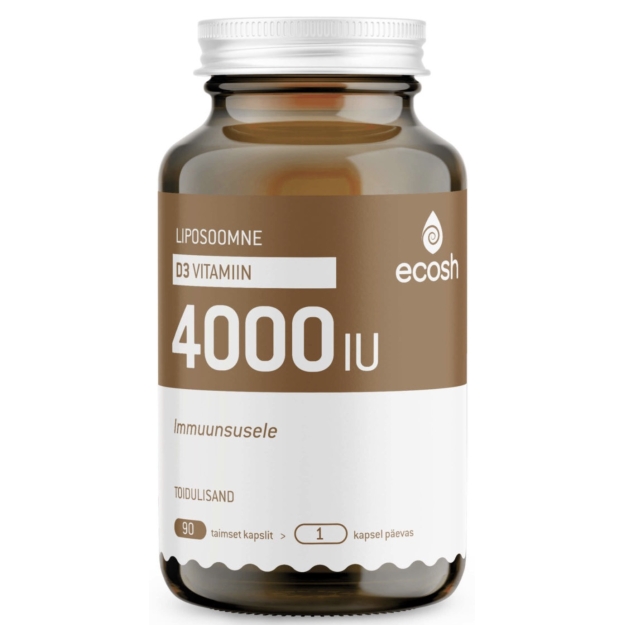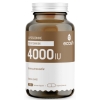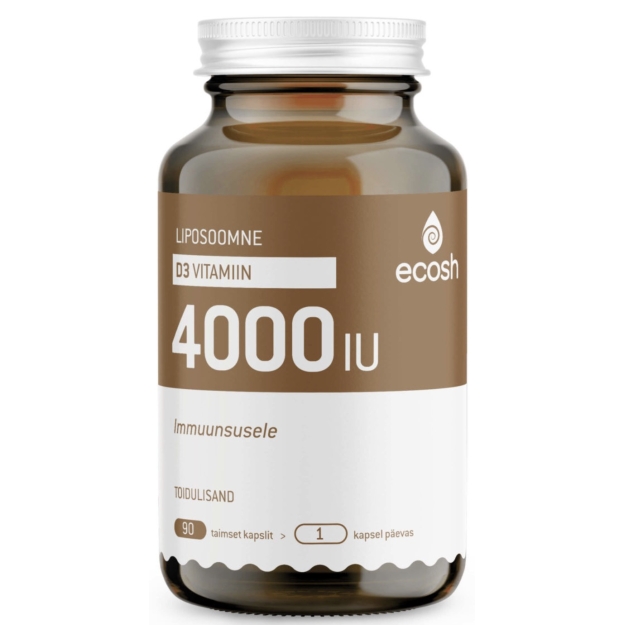Liposome technology is a rapidly developing field today due to its powerful delivery mechanism. Liposomes make nutrients (e.g. vitamins, minerals) more available to tissues and cell structures, thereby providing better health outcomes. Thus, liposomal vitamin D3 ensures better absorption and processing by cells. This is especially important for exhausted organisms.
What does liposomal mean?
Liposomes are small spheres composed of phospholipids, which are essentially fats and which also make up our cell membranes. Liposomes are similar in structure to cells, and this makes them useful tools to ensure the efficient delivery of many different nutrients. Substances encapsulated or surrounded by fats are also better protected against digestion and the destructive effects of free radicals.
In the Ecosh liposomal vitamin D3 product, these fats (lipids) are sunflower lecithin, which, thanks to the encapsulation technology, has been brought to surround vitamin D3 molecules. Lecithin is structurally similar to fats and is an important component of cell membranes that helps form a complete cell membrane and facilitates the movement of vitamin D3 or any other substance into the cell, intracellularly and extracellularly.
Liposomal Vitamin D3:
- contributes to the normal functioning of the immune system
- contributes to the absorption of calcium in the body,
- and helps keep bones, teeth and muscle function normal.
What are the benefits of Liposomal Vitamin D3:
- high bioavailability - better absorption and processing by cells (well suited for the elderly, chronic diseases and exhausted and tired organisms),
- liposomes, or phospholipids, have their own additional nutritional value for metabolism and cell structure,
- the powdered liposomal product has a longer shelf life than the liquid liposomal form,
- due to both the technological process and the final composition, liposomal vitamin D3 may also be suitable for people who have hypersensitivity to some foods,
- the product is lactose and gluten free.


























